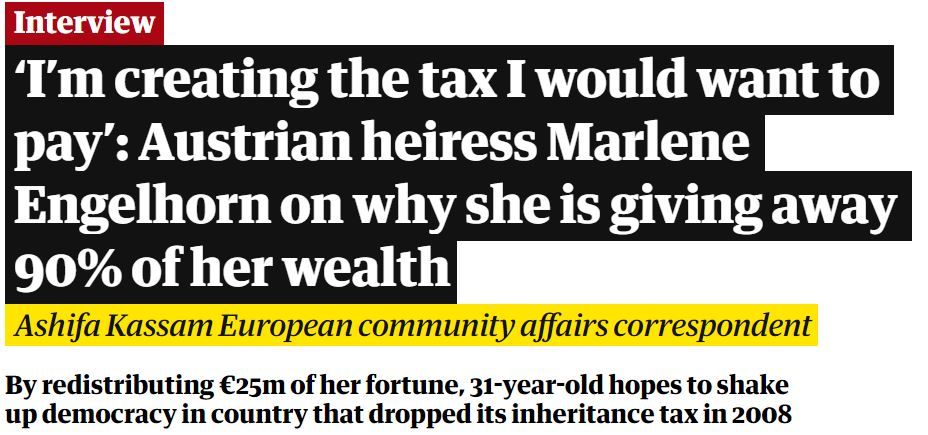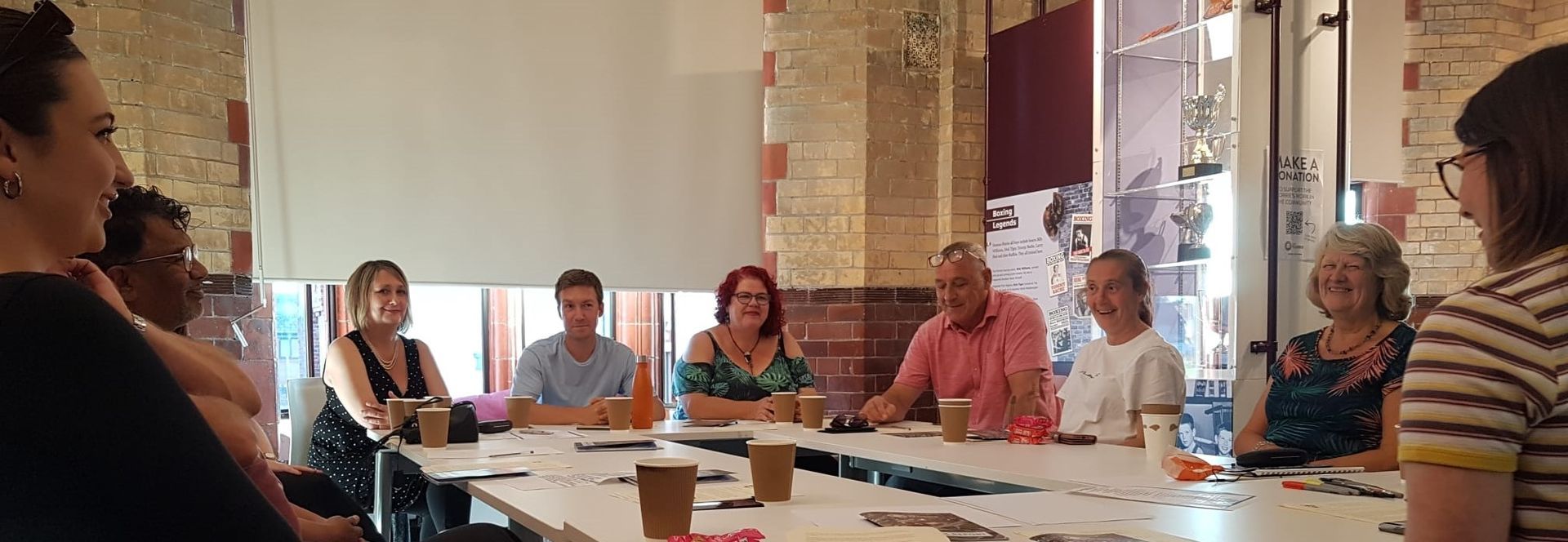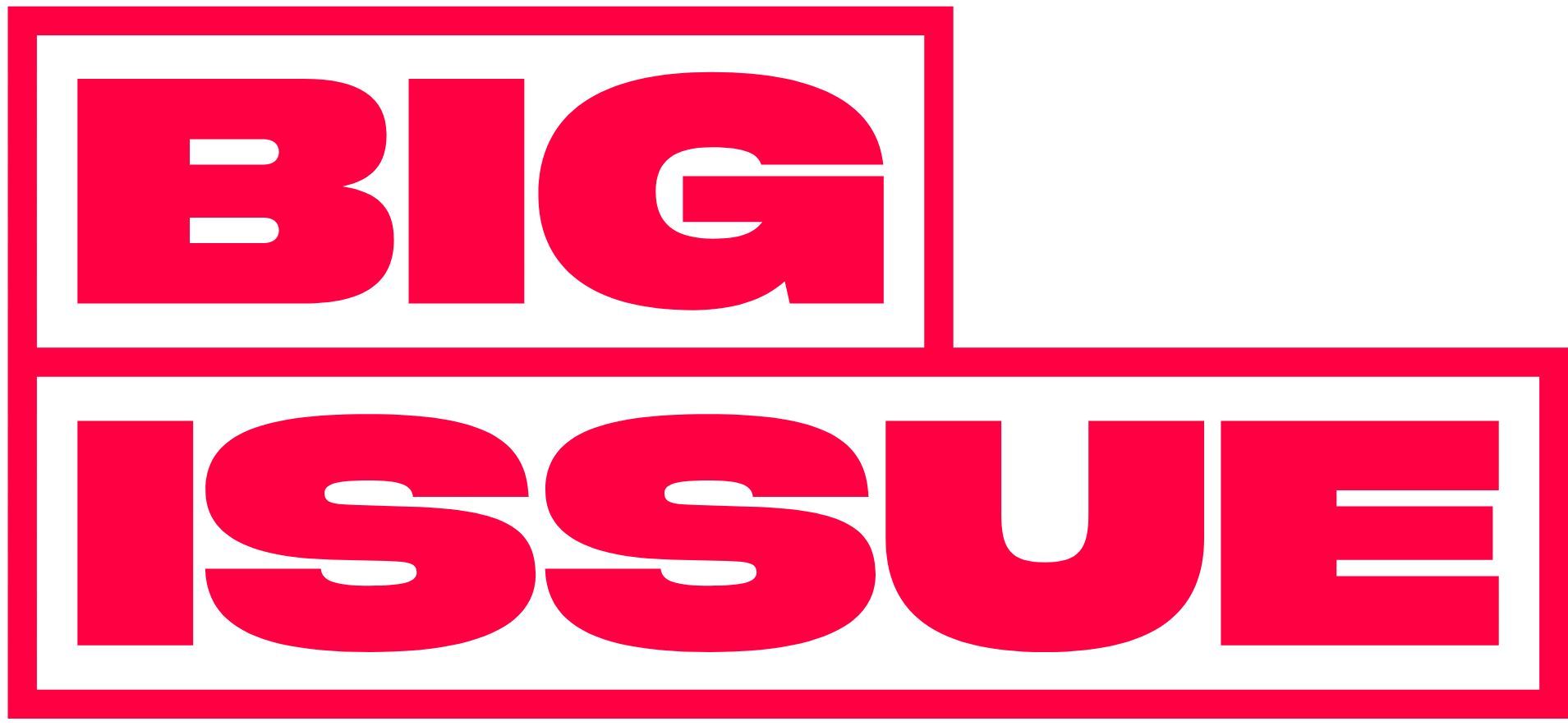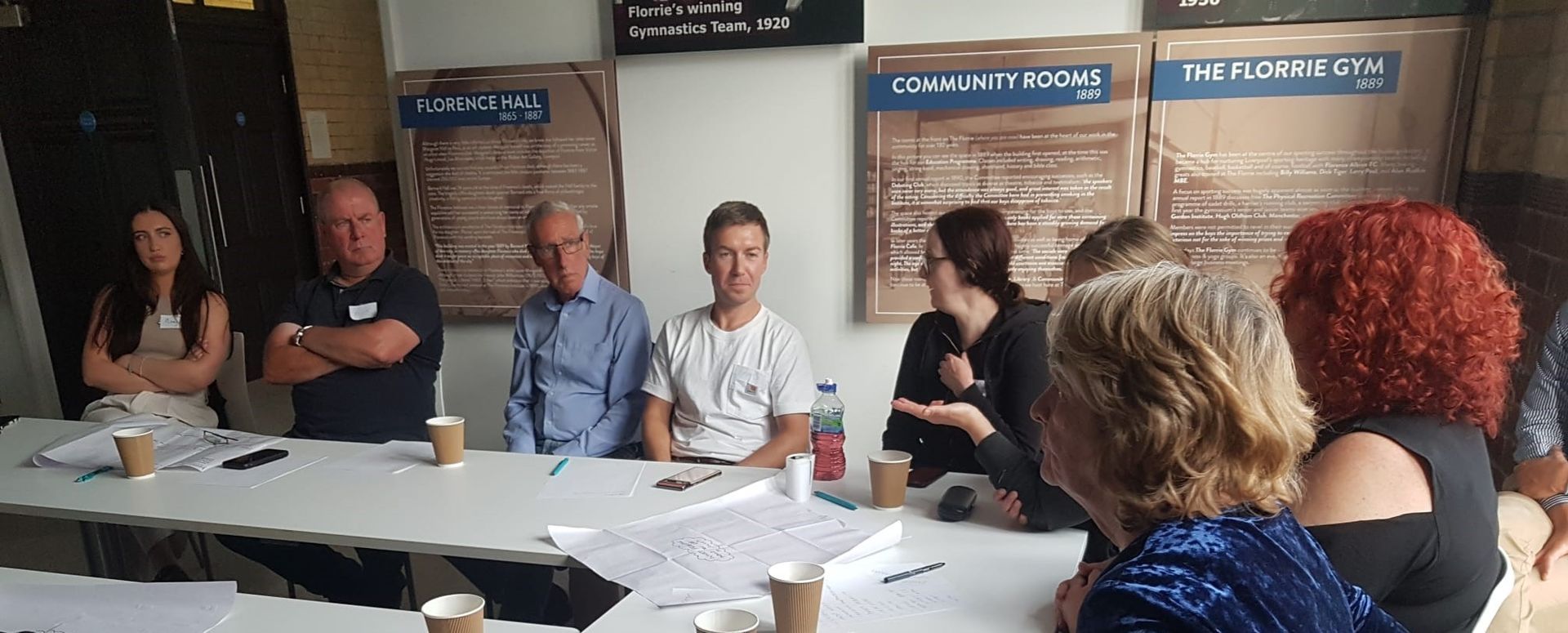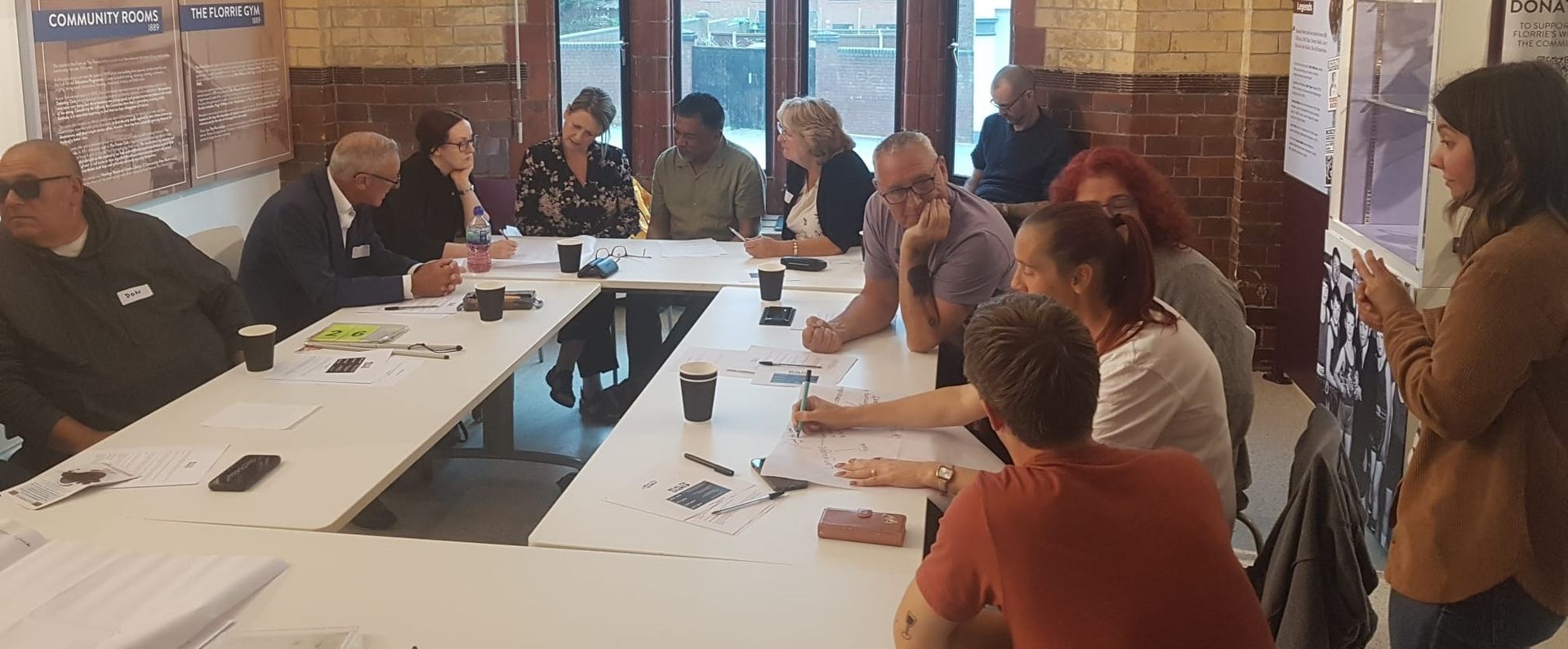Who can you trust?
Decision time is getting closer. Next week, 12 randomly-selected strangers will reach the end of the time they've been allotted to agree on what will happen to £100k. This is an update from their penultimate deliberation session.
Trust issues
The premise of the project is that the participants will decide on one-off donations or transfers, and have no continuing involvement with the money beyond their final decision next week.
Some anxiety was expressed over the idea of handing over the money without any means of holding beneficiaries to account. There was discussion about donating the money through some kind of intermediary who would be able to perform this function.
But it was also pointed out that the process necessitates a degree of relinquishing control. There was agreement that it should in principle be possible to identify beneficiaries that the group can place their trust in.
Group politics
It was a very dynamic session, with participants pitching ideas and undertaking a series of votes. These processes were self-organised by the group itself.
Over the past two weeks participants have undertaken a significant amount of independent research between the sessions and even prepared materials to present to the group. We had no expectation of this when inviting people to take part; we had simply asked people to turn up to the meetings.
There was a certain amount of negotiation, with people advocating for ideas and then putting them to one side in a search for consensus.
Judging effectiveness
A continuing theme of the discussions has been how to judge the effectiveness of organisations. This has thrown up a variety of approaches, such as assessing organisations’ past record and the reputation of key people within them, listening to third-party experts, as well as drawing on first-hand experience held by individuals in the room.
There is agreement about wanting to reach as many beneficiaries as possible with money. The group has grappled with the question of how to understand and measure the cost-effectiveness of their potential donations.
How to add value
Participants discussed another age-old dilemma facing philanthropists: does extra cash make more of an impact to well-established organisations that have the experience to know where to deploy resources most effectively, or is it better to support younger and perhaps more innovative organisations getting off their feet?
It is something of a conundrum that extra funds can be of particular value to emergent organisations, and yet those organisations may have less of a track record to demonstrate their effectiveness. The group shared ideas about how this might be accounted for in their decision-making process.
4, 3, 2, 1
The rules of the process are that the group can make no more than four donations or transfers.
Wednesday’s session saw discussion of whether to allocate the money in a single go, or to spread it out across a set of beneficiaries.
There were exchanges about how to manage the diverse perspectives in the room. Participants hold differing views over the change they want to see in the world and the causes they each care about. As they move closer to ‘decision time’, they are needing to come up with a way of rationalising their competing worldviews.





